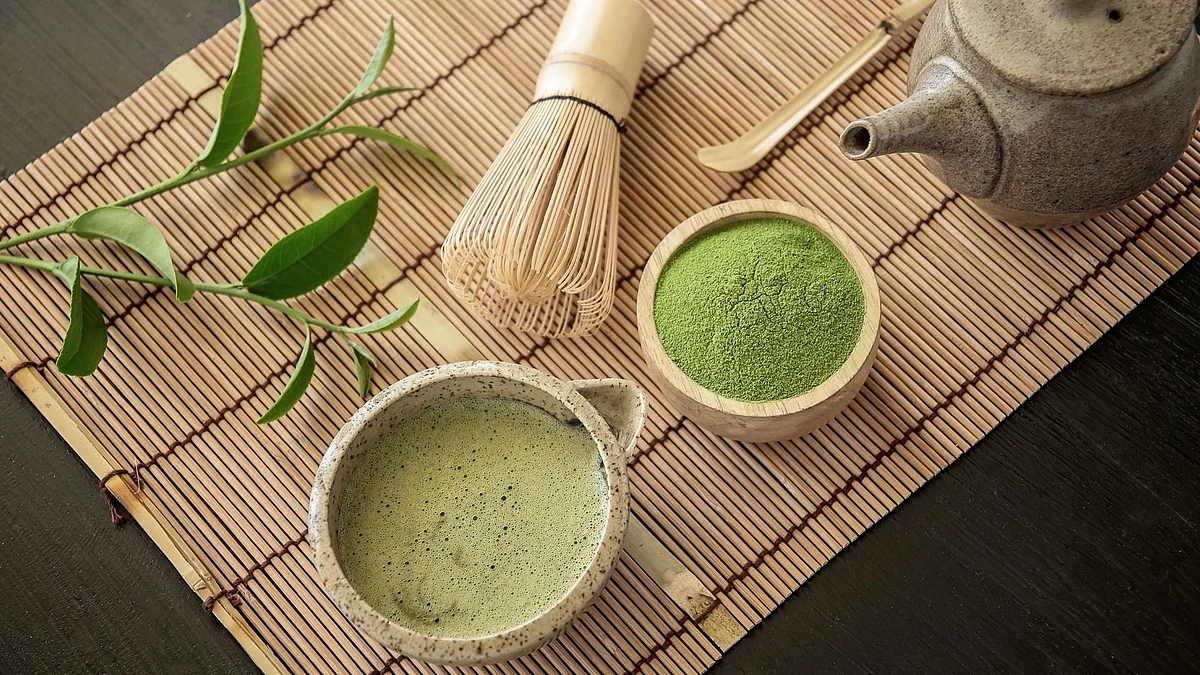The World Is Running Out Of Matcha: Here's Why
Matcha, the finely ground green tea powder native to Japan, has seen a meteoric rise in global popularity over the past few years. The surge is particularly evident in markets like the UK, where matcha sales rose by over 200% in 2023, according to Orion Market Research. From social media influencers flaunting matcha lattes to wellness enthusiasts embracing its antioxidant-rich benefits, the vibrant green drink has become a symbol of health and style. Matcha is everywhere!
Matcha becoming the symbol of health and aesthetics on social media has caused literally every user to want to experience the tea that is supposed to have 'acquired taste'.
The resurgence of international tourism in Japan after the COVID-19 pandemic has further amplified matcha’s appeal, drawing visitors to the origins of this centuries-old beverage.
Climate crisis hits Japan’s tea heartland
While demand has skyrocketed, production has taken a hit due to climate extremes. The Kyoto region, which is responsible for approximately 25% of Japan’s tencha production-the shaded leaf used to make matcha-suffered record-breaking heatwaves during the summer of 2023. Japan recorded its hottest year ever, with temperatures severely damaging tea bushes and reducing leaf yields in the 2024 spring harvest.
Masahiro Yoshida, a sixth-generation tea farmer based in Uji, near Kyoto, saw his annual harvest fall by 25%, dropping from the usual two tons to just 1.5 tons of tencha. "The bushes were damaged by the intense summer heat, and we just couldn’t pluck as many leaves," he shared with Reuters.
Traditional farming faces modern Strains
Producing authentic matcha is a labor-intensive process. Tencha leaves must be shaded for several weeks to develop their characteristic umami flavor, before being carefully harvested, dried, and stone-ground into fine powder. However, this method is highly sensitive to environmental changes-particularly prolonged heat or drought.
Even as more farmers across Japan pivot to matcha cultivation to meet rising demand, the supply struggles to keep up. The Japanese Tea Production Association reported 5,336 tons of tencha harvested in 2024, nearly triple what was grown a decade earlier. But despite this growth, the association warns of a lower overall matcha output this year due to climate-related setbacks.

'Always Out of Stock': Demand overwhelms suppliers
Tea importers and café owners worldwide are scrambling to secure their stock. Lauren Purvis, owner of US-based Mizuba Tea Co., told the BBC that many clients are requesting up to a kilo of matcha per day-quantities that used to last them weeks. "Some cafes are desperate. They’re running out in days," she said.
Similarly, Japanese matcha supplier Yuki Ishii, founder of Tealife, noted a tenfold increase in customer demand, even as stock levels dropped. “I’m basically always out of stock,” he told Reuters.
Adding to the supply woes, new trade tensions have intensified the cost burden. A fresh trade agreement between Washington and Tokyo will introduce a 15% import tax on Japanese goods entering the US, including matcha. This tariff is expected to further inflate prices for American consumers.
The future of matcha
While more Japanese farmers are shifting to tencha cultivation to capitalize on the global boom, experts worry about sustainability and quality. Mass production under pressure often leads to shortcuts in farming and processing. If weather extremes persist and demand continues to outpace traditional supply, consumers could see a growing flood of low-quality or counterfeit matcha in global markets.
news